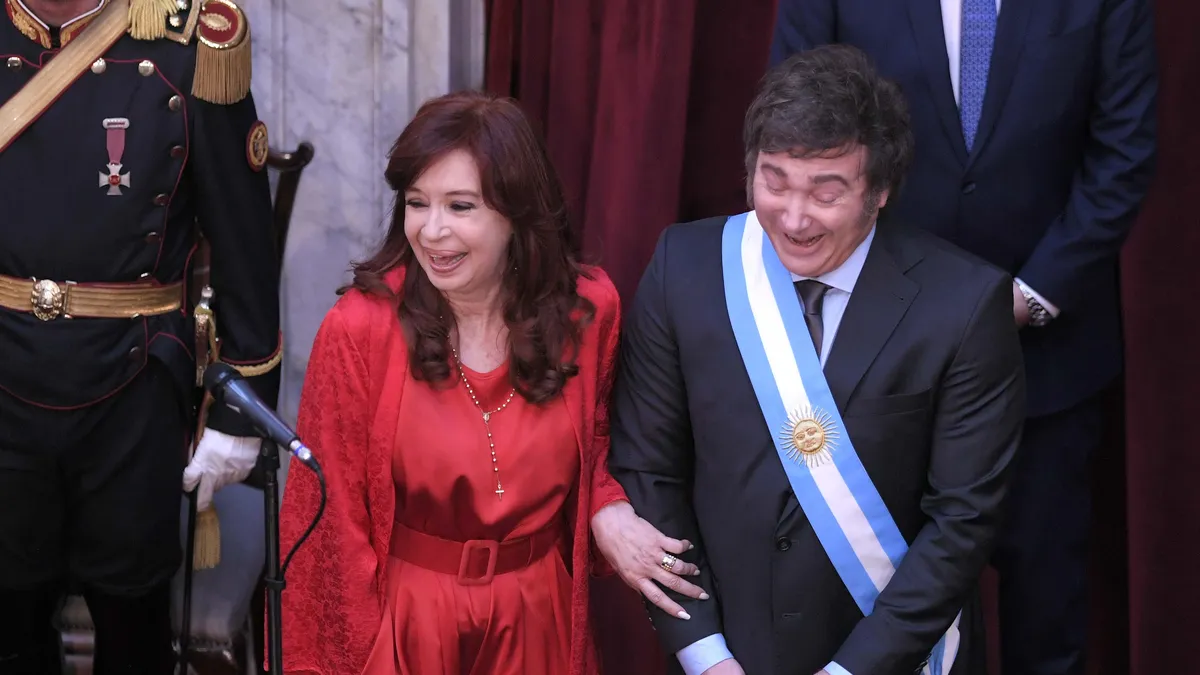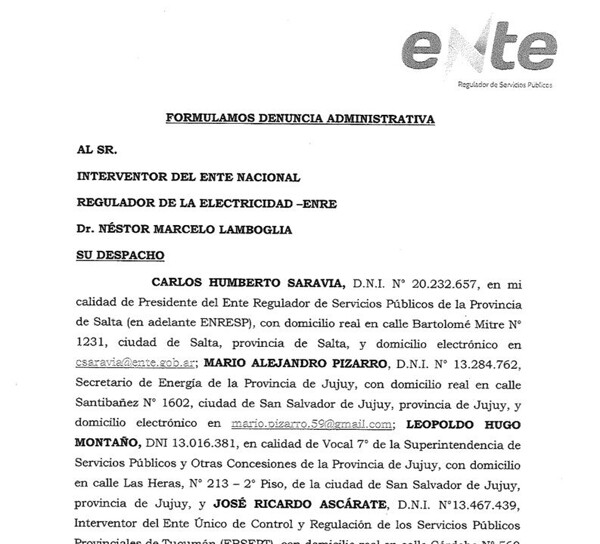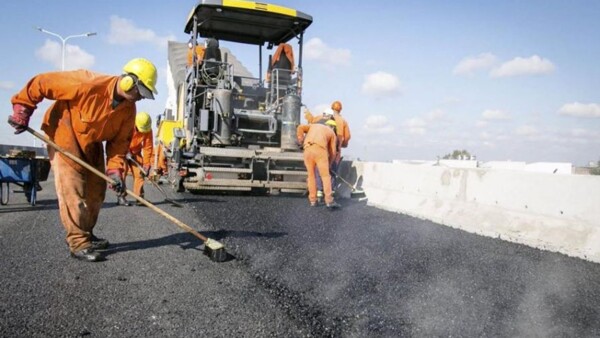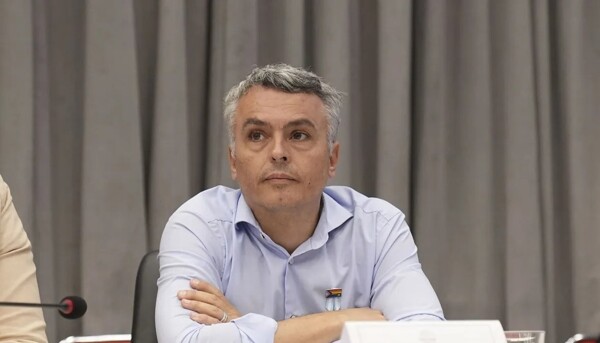
The Government is facing a dilemma regarding the possible approval of the Clean Slate Law, while former president Cristina Kirchner could benefit from regaining prominence at a time of internal challenge to her leadership. Axel Kicillof, one of her main opponents, is opposed and warns that he will fight this law as political persecution.
If the law is approved, it will be a tool to counter corruption scandals and will have significant implications for the upcoming elections, especially in the City of Buenos Aires. The approval of the clean slate measure has already generated significant political tensions and raises questions about its impact on the political landscape as it is currently known.
The law would prevent individuals convicted of corruption in two instances from holding national elective office, which would directly affect Cristina Kirchner. On the other hand, the Government seeks to claim the merit of this measure despite criticisms of its past actions.
The approval of the clean slate law would clarify doubts in the Senate and could change the current political landscape. However, internal divisions and rivalries continue to complicate the Argentine political scenario, especially in light of the upcoming elections.
The dispute over this law highlights the power struggles and political strategies at play, with implications that go beyond the immediate. In a context of uncertainty and speculation, the approval of the clean slate law could reshape the Argentine political board or simply perpetuate the same old dynamics.














